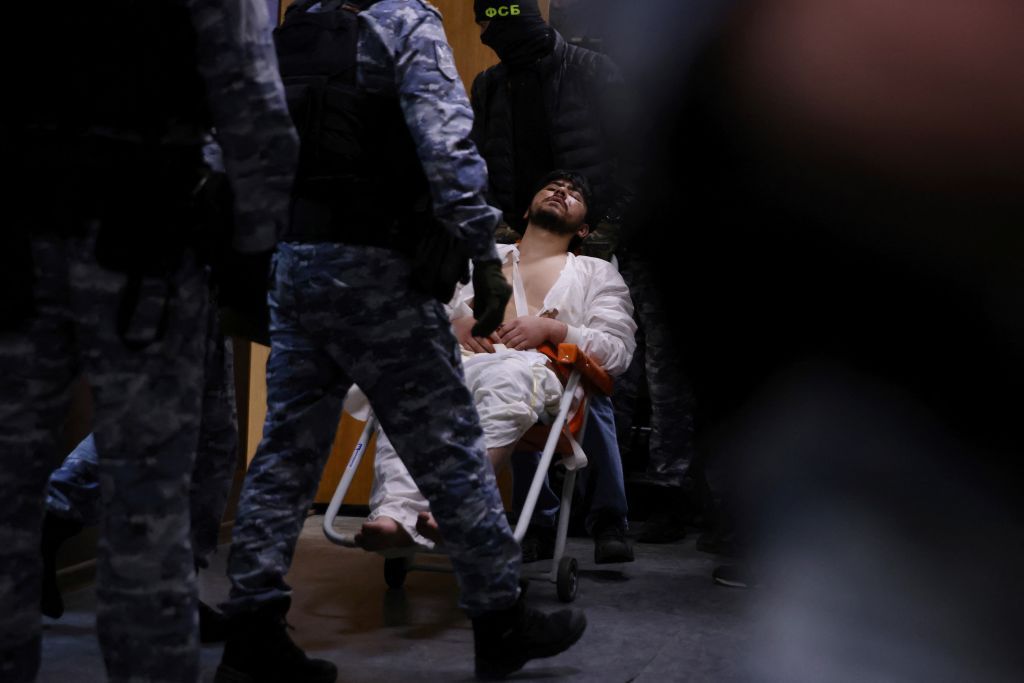Russian parliament speaker announces bills tightening migration policy

The Russian State Duma introduced five bills that would tighten migration policy in the country, Speaker Vyacheslav Volodin announced on Sept. 29.
There has been an uptick in anti-migration sentiment in Russia in recent months, especially toward migrants from Central Asia, after several gunmen opened fire at a venue in the Moscow suburbs at the end of March.
The bills propose harsher punishments for illegal immigrants who commit crimes given their migration status, increased penalties for "organizing" illegal migration, increased liability for forged documents, blocking internet services that offer illegal services to migrants, and banning intermediary organizations involved in administering exams - such as Russian language proficiency - for migrants.
Volodin claimed that over 4,500 cases of document forgery were registered by the Russian Internal Affairs Ministry this year.
The proposed bills would "contribute to establishing order in the area of migration policy," he added.
Following the terrorist attack on Moscow in late March, Russia began conducting raids on dormitories and apartments known to house Central Asian migrants and carrying out mass deportations.
A branch of the Islamic State (ISIS) claimed responsibility for the attack shortly thereafter, and Russia detained four men from Tajikistan, the alleged perpetrators of the attack. In total, over a dozen people were arrested under suspicion of having a connection to the attack.
Central Asian migrants make up a large number of Russia's workforce.
At the end of March, Tajikistan's Labor, Employment, and Migration Ministry reported that more Tajik migrants in Russia were returning home than usual.












